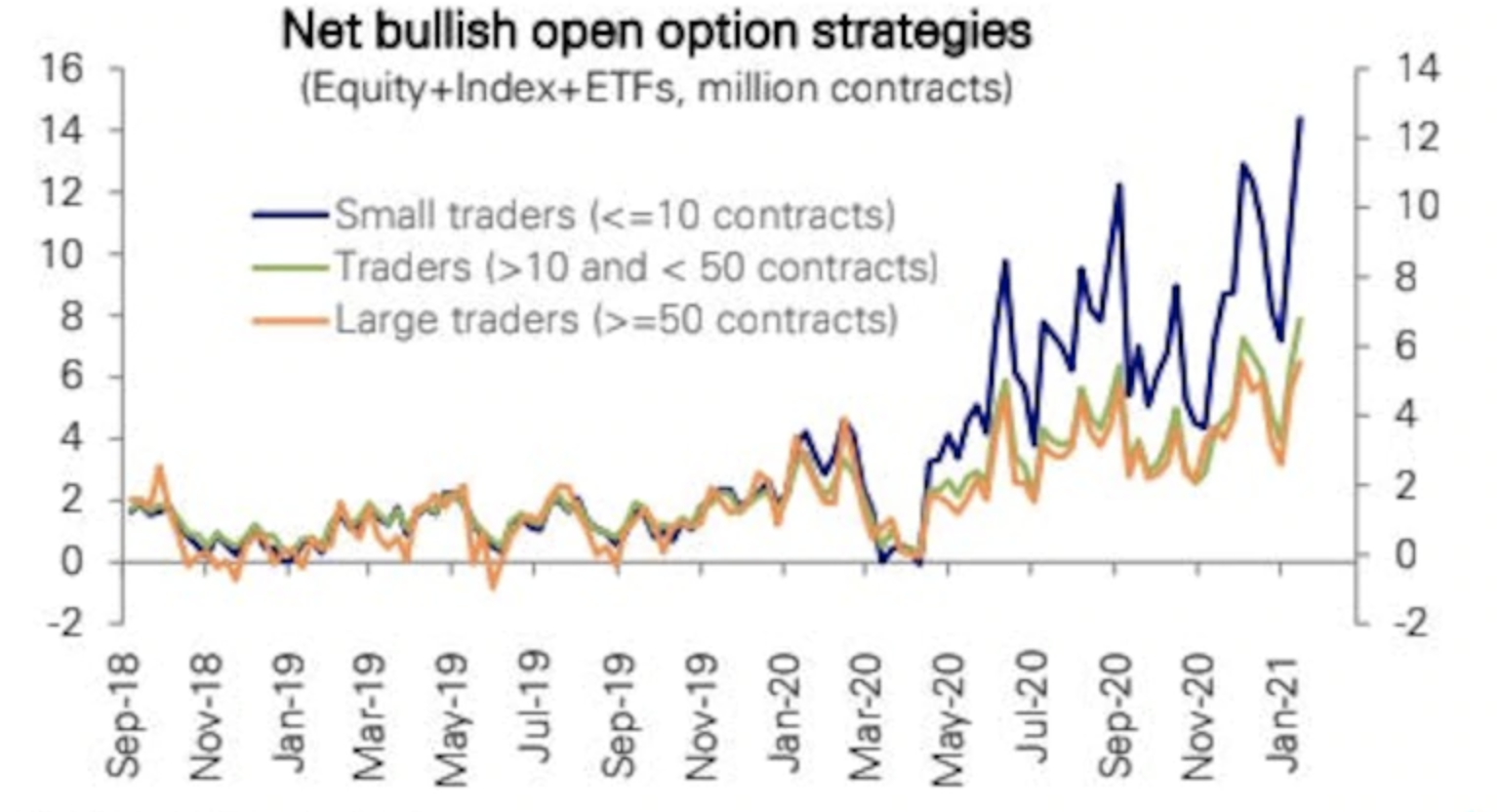M1 To Reignite Bull Market
Money Supply To Create Renewed Momentum In The Stock Market
Latest Increase in M1 to Stimulate Stock Market Again
Money supply has increased dramatically due to stimulus worth $2.2 trillion being filtered through the U.S. economy. As expected many have chosen to spend the funds on consumer staples and discretionary, there’s however been an unexpected surge in stock market velocity, which according to CNBC is largely attributed to the stimulus checks and millennials. In this article, we take a closer look at money supply 1, what it’s meant for stocks up till now and what it means going forward.
What is M1 and why is it significant?
M1 is the supply of physical money namely coins & notes, checking accounts, negotiable orders of money withdrawals, and travelers’ checks. I think it’s self-explanatory why this is our focus?

Source: YCharts
As can be seen, there’s a rapid uptick in the M1 money supply since the first stimulus checks were sent out in April 2020. Below is another chart produced by Deutsche Bank on options activity.

Source: Deutsche Bank
This chart shows a strong correlation between M1 increasing and the options activity of small traders as their liquidity has increased.
Why are people buying stocks and not saving?
To start off I’ll communicate the two main reasons why people buy stocks when we’re in a recessionary environment. First of all, people aren’t sure whether unemployment or pay-cuts are permanent or temporary and thus seek another stream of income (Billy Duberstein, Motley Fool). Secondly, there’s a matter of interest rates being at rock-bottom and those who were invested in other asset classes will probably shift to stocks that's now valued higher due to lower discount rates.
To add substance to my argument I’d say that we’re in a changing environment where businesses have been forced to use technology they’ve never used before—and this has been largely successful to some and unsuccessful to others. The emergence of China as a competitor to the USA has freed up a few of their equities as well.
Millennials, and Stocks
There’s been a narrative that the stock market is in a bubble going into 2021 due to the potential of higher interest rates and overbuying in 2020. I’d however had to argue against that narrative as we believe that specific pockets will experience abnormal growth. Our reasoning for pockets and abnormal growth stems from the behavioral observation that the so-called Robinhood Traders and forum traders who’re part of the millennial group have been in search of their next unicorns.
CNBC reports that millennials are piling into stock trading whilst Bloomberg states that millennials are using forums such as Wall Street Bets on Reddit as a way to perform market research. Reuters further backs up the argument with a claim that amateur traders are piled up further into niche stocks to send professional investors scrambling.
Final thoughts
By looking at valuation I think it’s safe to say that the market’s looking bubble-ish. We however think that should M1 and stock price up-ticks correlate the way it did whilst unemployment gradually improves we’ll see another bullish year for the stock market.
